NE Spectrum Series Pedagogy Master For All State TET, CTET, TRT, UGC NET and Teaching Exams By Zahid Islam Barbhuiya
Original price was: ₹499.00.₹469.00Current price is: ₹469.00.
NE Spectrum Series Pedagogy Master For All State TET, CTET, TRT, UGC NET and Teaching Exams By Zahid Islam Barbhuiya
“NE Spectrum Series: Pedagogy Master for All State TET, CTET, TRT, UGC NET, and Teaching Exams” by Zahid Islam Barbhuiya is a comprehensive resource for educators and aspiring teachers preparing for various teaching eligibility tests across India. The book is meticulously crafted to address the pedagogical requirements of exams like State TETs, CTET, TRT, and UGC NET, covering essential theories, concepts, and strategies that educators need to master.
Organized into easily digestible sections, it explores key areas such as child development, learning theories, educational psychology, teaching methods, and classroom management. It also addresses important topics like assessment, evaluation, and inclusive education, ensuring that readers gain a well-rounded understanding of the educational framework in India.
With an emphasis on simplifying complex concepts, the book offers practical insights and tips for effective teaching, supported by numerous examples and case studies. Practice questions and model test papers make it a valuable tool for exam preparation, allowing readers to test their knowledge and improve their test-taking skills.
Written in clear, concise language, this book is an indispensable guide for aspiring educators seeking a solid grounding in pedagogy and aiming to excel in teaching exams nationwide.
UNIT 1: Introduction to Educational Psychology
Description
NE Spectrum Series Pedagogy Master For All State TET, CTET, TRT, UGC NET and Teaching Exams By Zahid Islam Barbhuiya
“NE Spectrum Series: Pedagogy Master for All State TET, CTET, TRT, UGC NET, and Teaching Exams” by Zahid Islam Barbhuiya is a comprehensive resource for educators and aspiring teachers preparing for various teaching eligibility tests across India. The book is meticulously crafted to address the pedagogical requirements of exams like State TETs, CTET, TRT, and UGC NET, covering essential theories, concepts, and strategies that educators need to master.
Organized into easily digestible sections, it explores key areas such as child development, learning theories, educational psychology, teaching methods, and classroom management. It also addresses important topics like assessment, evaluation, and inclusive education, ensuring that readers gain a well-rounded understanding of the educational framework in India.
With an emphasis on simplifying complex concepts, the book offers practical insights and tips for effective teaching, supported by numerous examples and case studies. Practice questions and model test papers make it a valuable tool for exam preparation, allowing readers to test their knowledge and improve their test-taking skills.
Written in clear, concise language, this book is an indispensable guide for aspiring educators seeking a solid grounding in pedagogy and aiming to excel in teaching exams nationwide.
UNIT 1: Introduction to Educational Psychology
Additional information
| Weight | 0.5 kg |
|---|---|
| Dimensions | 25 × 22 × 2 cm |
You may also like…
- Sale!
Child Development and Pedagogy Assamese Medium By GBD
- Original price was: ₹130.00.₹119.00Current price is: ₹119.00.
- Add to cart

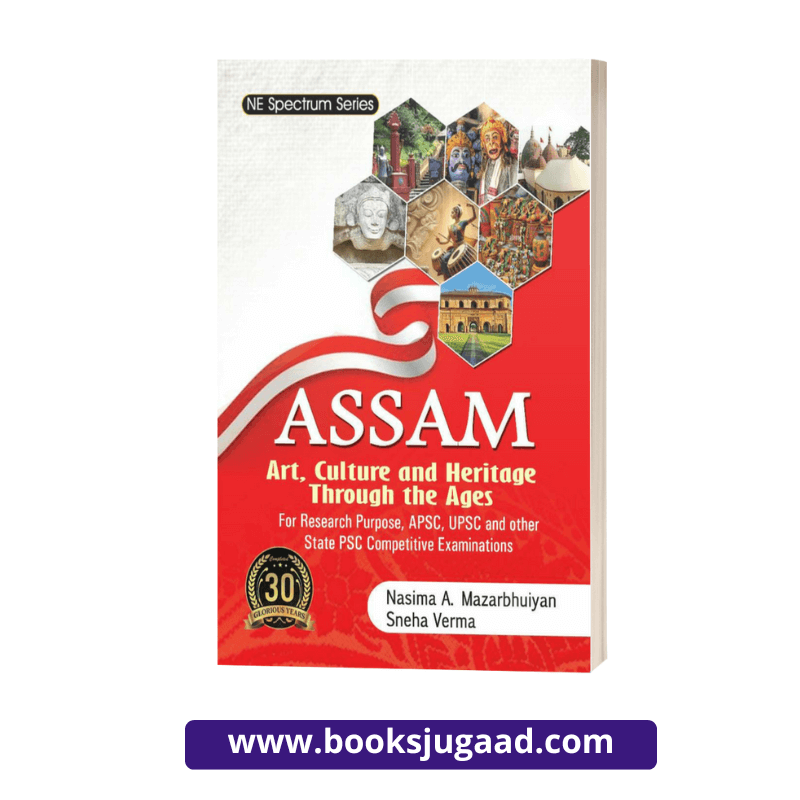
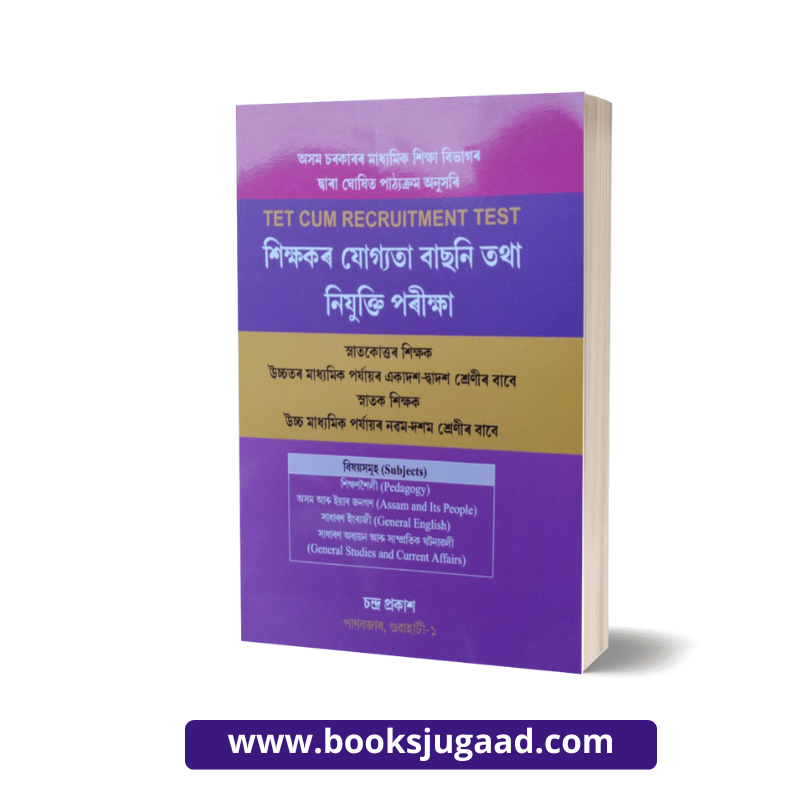
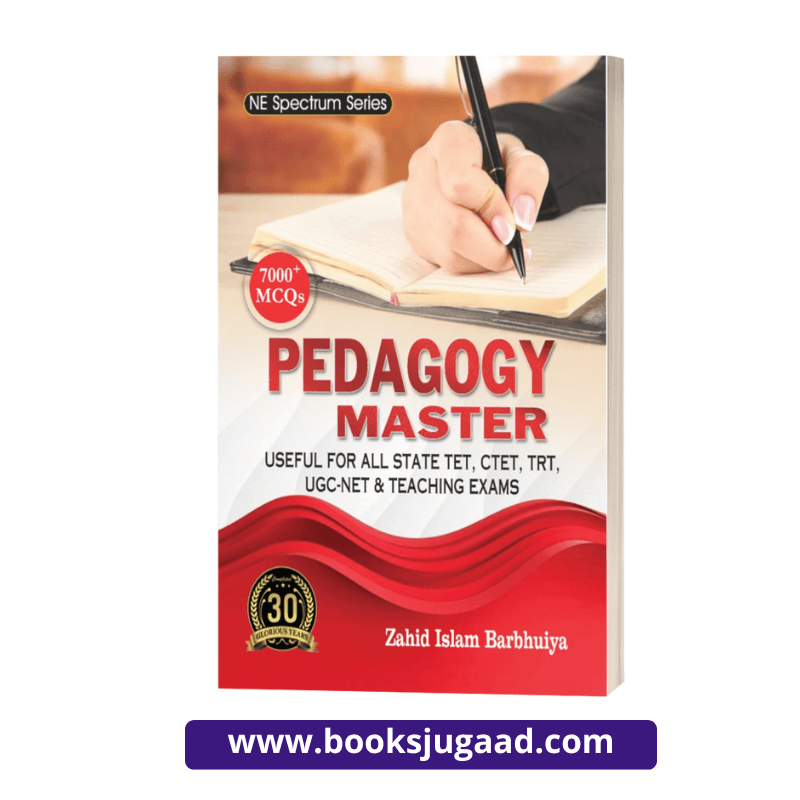



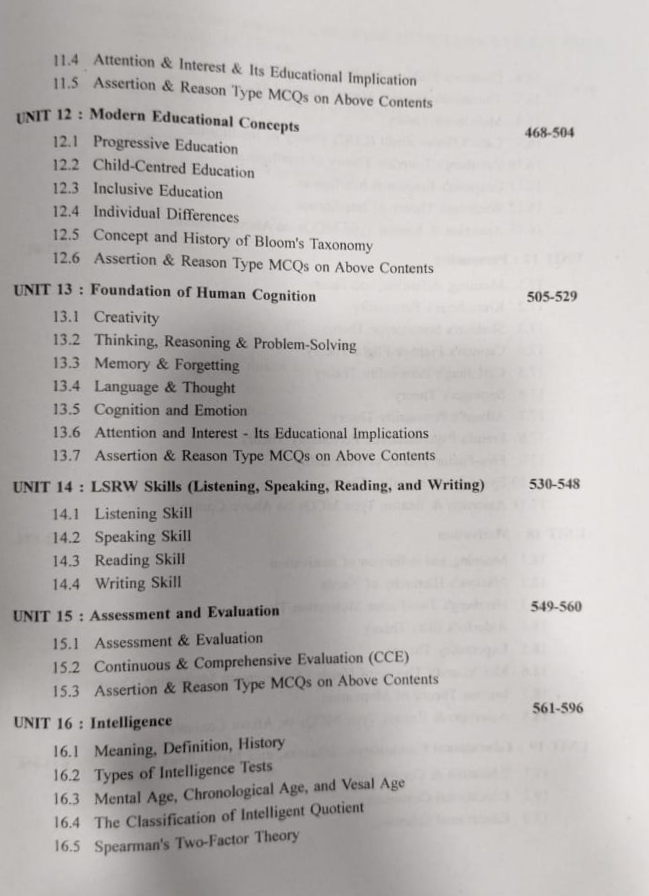

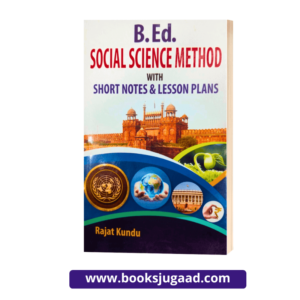


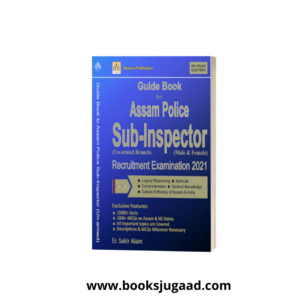




Leave a Reply